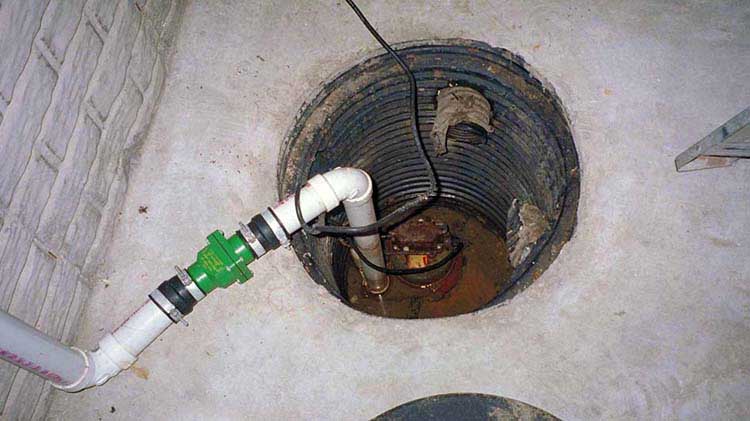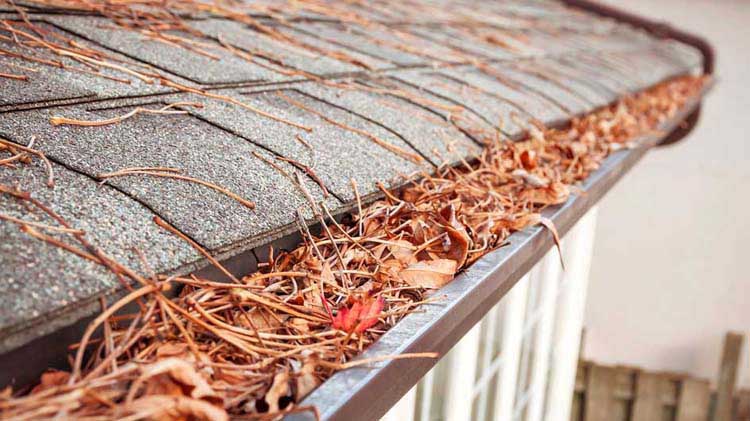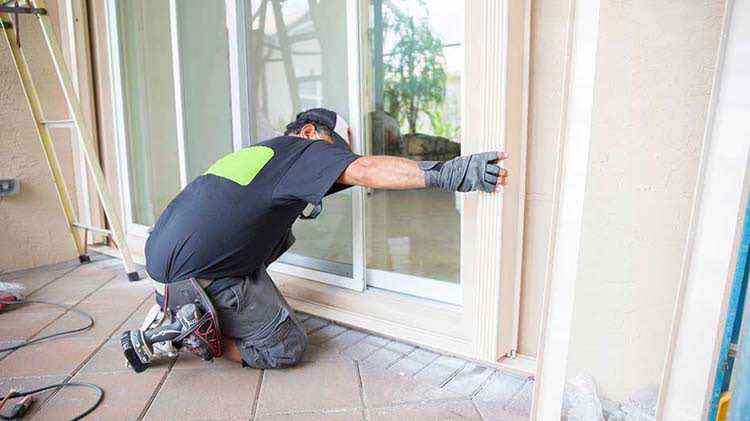Prepare your home for spring weather
You can't stop spring showers, but you can prepare your home and surroundings for thunderstorms, severe winds and more.
Spring weather reminders
Spring is known for its rapidly changing weather and that can mean severe storms. Help get your home and family ready with these tips.
Let it flow. Remove winter's debris from your gutters, drains and downspouts so that heavy rains can flow freely off your roof. Be sure that downspouts are secure and that water is draining well away from your home and not toward your foundation. Add extensions if necessary.
Trim the trees. Prune lanky limbs and branches so they don't snap off in a windstorm and land on your home or a power line.
Check the pump. If your home has a sump pump, test it to make sure it's clean and operable and that the outflow is draining properly. Consider adding a battery-powered backup sump pump to keep the system working if the power goes out. Furthermore, an automatic standby generator can ensure your sump pump and other electrical systems continue to run during power outages.
Stow your gear. When strong winds are forecast, secure patio furniture and other yard items or put them in your garage or a shed so they don't become dangerous projectiles.
Cover up. Close and secure storm shutters if your home has them. Keep blinds and shades drawn and tape or tack window coverings around the edges to help protect you from broken, flying glass. Tie thick blankets over vehicles that are exposed to the elements to diminish damage from hail.
If power outages are common in your area, prepare an emergency kit and keep it in a central location in your home.
Basic supplies should include:
- Flashlight and fresh batteries,
- Battery or solar-powered weather radio and/or transistor radio,
- First aid supplies,
- Hand sanitizer or wipes, and
- Three-day supply of canned or dried food and water.
The Federal Emergency Management Agency offers lists of additional emergency supplies and other preparedness tips on its site. Once the storm has passed, contact your State Farm® agent as soon as possible to report any damage.




